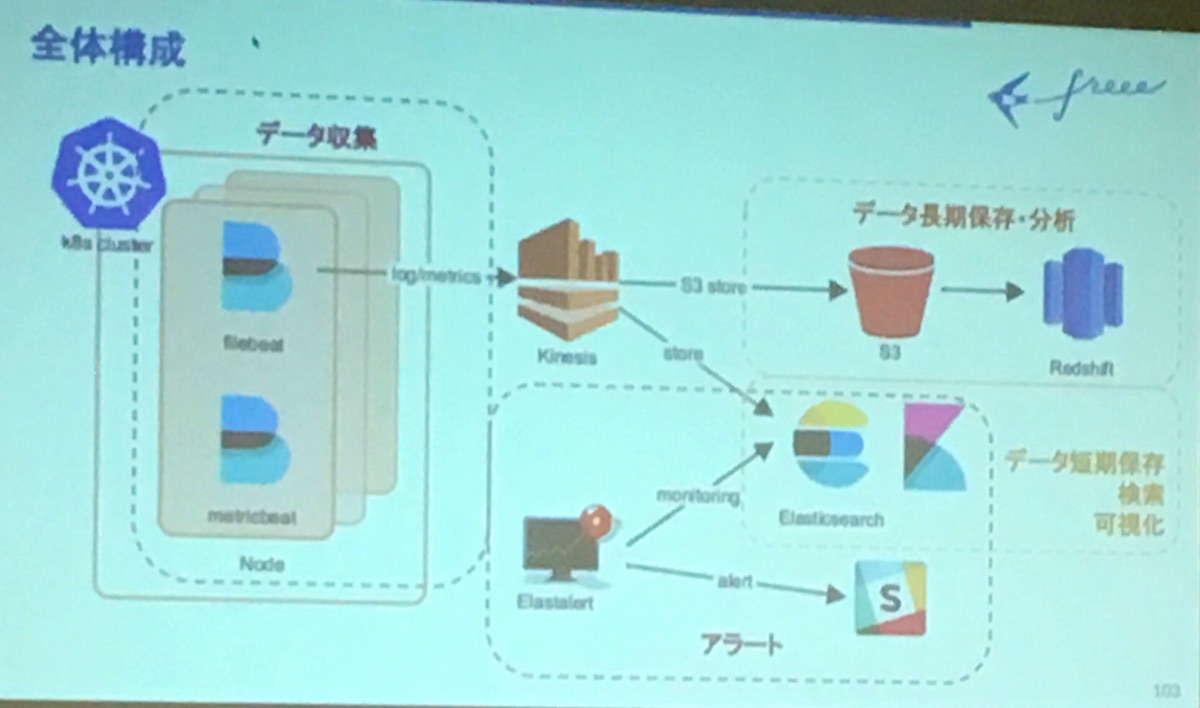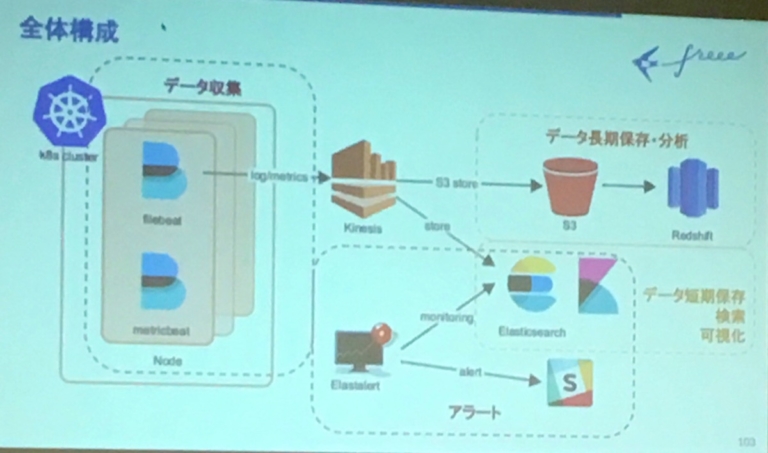

Ive tried many variations of this configuration but still filebeats is processing container logs that I want it to ignore. I want filebeat to ignore certain container logs but it seems almost. elasticsearch-gc-pipeline" when.equals : 5️⃣ _label-schema_url : "" setup. I am using elasticserach 6.8 and filebeat 6.8.0 in a Kubernetes cluster. Kibana to visualize the logs from Elasticsearch.Ī minimal Filebeat configuration for this use-case would be:.Filebeat to collect the logs and forward them to Elasticsearch.Elasticsearch to generate the logs, but also to store them. kubectl -n external-logging get pods NAME READY STATUS RESTARTS AGE filebeat-ds-4pf52 1/1 Running 0 81s filebeat-ds-7hshw 1/1 Running 0 87s.I’m sticking to the Elasticsearch module here since it can demo the scenario with just three components: It doesn’t (yet) have visualizations, dashboards, or Machine Learning jobs, but many other modules provide them out of the box.Īll you need to do is to enable the module with filebeat modules enable elasticsearch.Add an ingest pipeline to parse the various log files.This installation has been tried on the kubernetes cluster which has a one worker node cluster. Collect multiline logs as a single event. Create new storage class on your cluster, if you dont have.Set the default paths based on the operating system to the log files of Elasticsearch.Docker logs folder from the host is mounted in the Filebeat container, Filebeat tails all container logs and enriches them using addkubernetesmetadata. Logs are collected and processed by a Fluentd pod on every WorkerNode which are deployed from a DaemonSet in its default configuration, see the documentation here logzio-k8s. Filebeat is deployed as a DaemonSet, this ensures one agent is running on every Kubernetes node. For example, the Elasticsearch module adds the features: We are using Logz.io to collect our Kubernetes cluster logs (also, there is a local Loki instance).


Installed as an agent on your servers, Filebeat monitors the log files or locations that you specify, collects log events, and forwards them įilebeat modules simplify the collection, parsing, and visualization of common log formats.Ĭurrently, there are 70 modules for web servers, databases, cloud services,… and the list grows with every release. Filebeat and Filebeat Modules #įilebeat is a lightweight shipper for forwarding and centralizing log data. The following is an example of a DaemonSet configuration to ingest your data. If you’re only interested in the final solution, jump to Plan D. You can ingest logs from your Kubernetes cluster into Axiom using filebeat. While writing another blog post, I realized that using Filebeat modules with Docker or Kubernetes is less evident than it should be. Adding Docker and Kubernetes to the Mix.


 0 kommentar(er)
0 kommentar(er)
